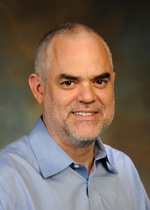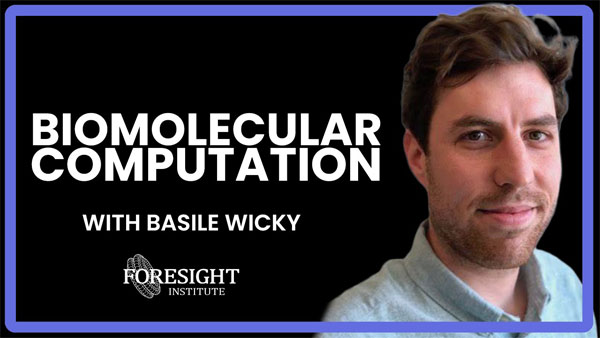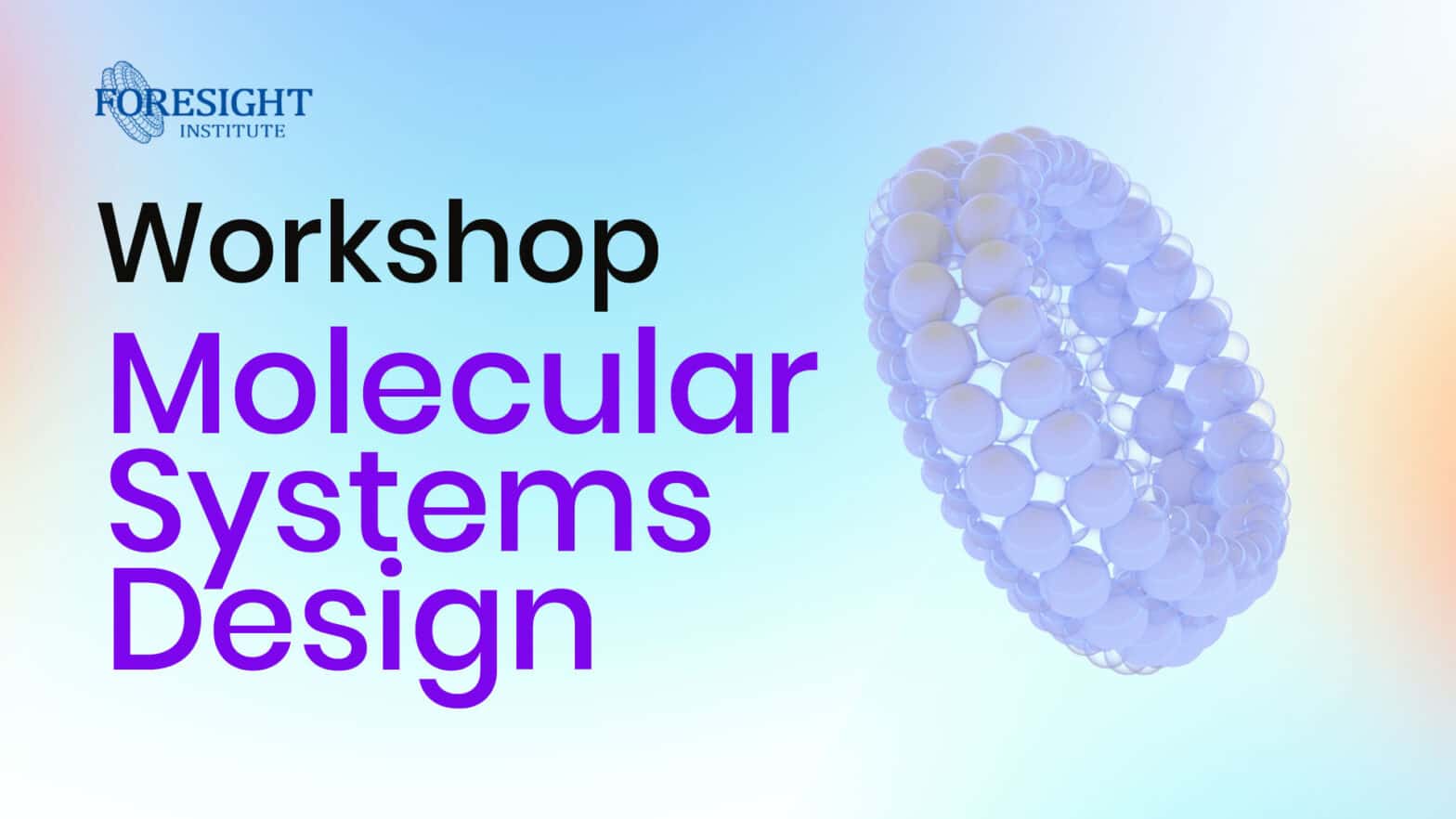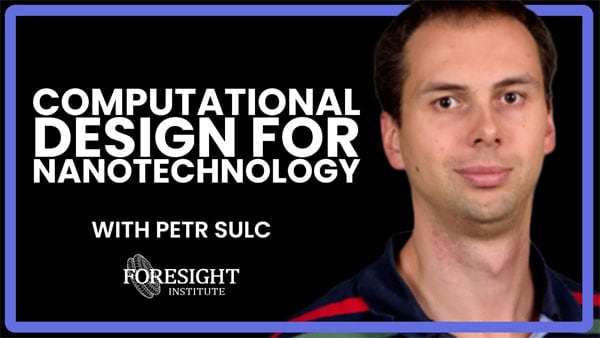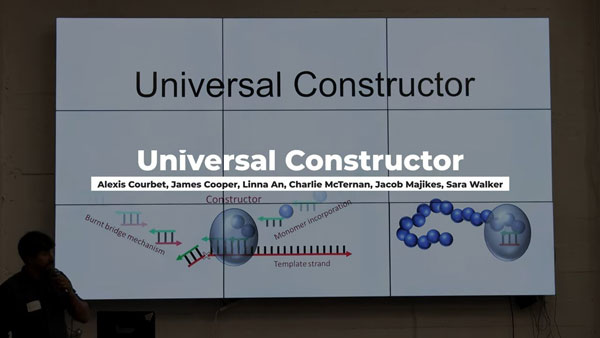We found 267 results for your search.
The demonstration that the process of DNA replication is more flexible than thought should make it easier to incorporate unusual amino acids into designed proteins, which might make it easier to design novel protein machines.
Progress in computational modeling of protein structures and in designing protein interfaces that bind in a desired geometrical orientation prepare the way for designing protein components of molecular machine systems.
A significant fraction of small protein sequences designed only to fold into stable structures can substitute for missing natural proteins.
A major milestone along the protein design path to productive nanosytems and advanced nanotechnology has been achieved—the design by computational methods of enzymes that catalyze reactions for which biological enzymes do not exist.
Presenter Boris Fain, Stanford University Dr. Fain joined the lab of Dr. Michael Levitt as a Sloan Fellow at Stanford University focusing on cancer diagnostics and protein folding. He then continued his biotech work improving biological mathematical algorithms as a senior scientist for Celera and then as a consultant at Affymetrix before joining Dr. Roger… Continue reading Boris Fain | Quantum Accuracy at Human Speed @ Molecular Systems Design Workshop 2023
Presenter James Seale, Northwestern Univeristy Jim was born in Fife, Scotland in 1995. He obtained his undergraduate and master’s degree (MChem) from the University of Edinburgh in 2018. His 4th year was spent working in R&D for the organic thin film transistors team at Merck Chemical’s ltd in Southampton, England. Inspired to further develop his… Continue reading James Seale | Placing Molecular Pumps on Polymeric Micelles @ Molecular Systems Design Workshop 2023
Presenter Basile Wicky, Baker Lab Basile Wicky is currently a postdoc at the Institute for Protein Design (UW) in the group of David Baker where he works on developing deep learning methods for designing protein assemblies. He received his PhD under the supervision of Jane Clarke (University of Cambridge) where he applied experimental biophysical techniques… Continue reading Basile Wicky | Designing De Novo Interactomes for Biomolecular Computations
Workshop Molecular Systems Design Hosted by September 11 – 12, 2023, 9 am – 5 pm Hosted by Adam Marblestone Convergent Research Benjamin Reinhardt Speculative Technologies Allison Duettmann Foresight Institute The Institute, Salesforce Tower, San Francisco Apply for a Subsidized Ticket Buy Tickets NOW ! Apply to join Become a Sponsor Goal Complex molecular machines… Continue reading Foresight Molecular Systems Design Workshop 2023
Presenter Petr Sulc Petr Šulc’s research focuses on application of computational modeling and statistical physics approaches to complex systems. In particular, his group uses computational models to study problems in biology, and bio-inspired nanotechnology systems. He is mainly interested in nucleic acids modeling (DNA and RNA) using coarse-grained models, which allow for simulations of longer… Continue reading Petr Sulc | Computer Aided Design and Modeling for Nucleic Acid Nanotechnology
Presenter Alexis Courbet, researcher at University of Washington The conversion of chemical energy into mechanical work can be regarded as the most technologically transformative advances of modern science. Yet, even decades after Feynman’s insights on molecular machines, the capability to perform useful work remains limited to the macroscale. The realization that natural molecular motors generate… Continue reading Alexis Courbet, researcher at University of Washington | Computational Design of Genetically Encodable Nanomachines
